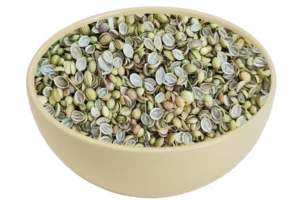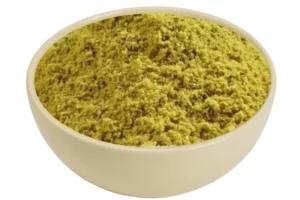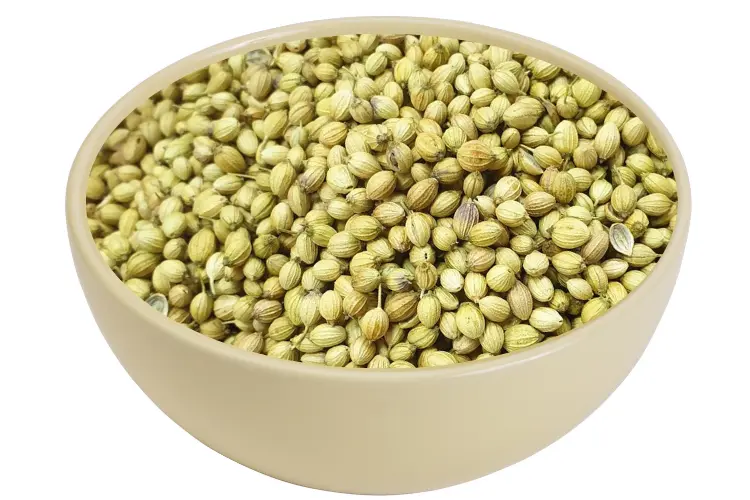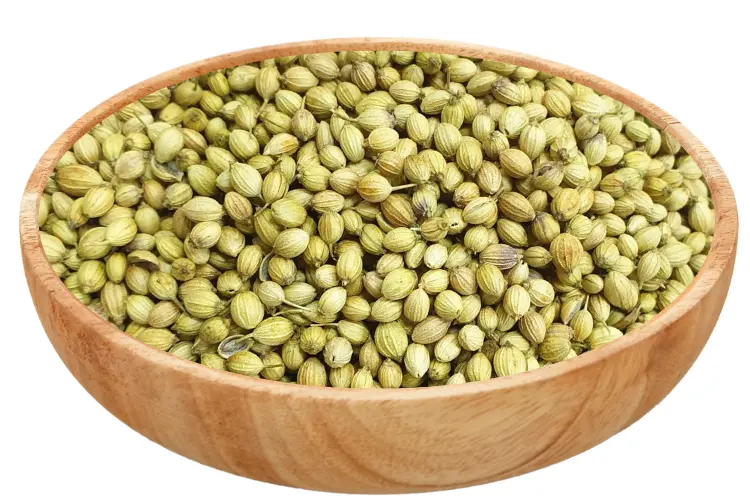Coriander seeds are widely used for their flavor and numerous health benefits. Rich in antioxidants, they help reduce inflammation and promote heart health by lowering blood pressure and cholesterol levels. They also aid digestion by relieving bloating and indigestion. Coriander seeds can help regulate blood sugar levels, making them beneficial for managing diabetes. Their antimicrobial properties make them effective in fighting infections. Additionally, coriander seeds support healthy skin and may reduce the risk of neurodegenerative diseases. Packed with essential vitamins and minerals, these seeds offer a nutrient boost while enhancing the flavor of a variety of dishes.
Seasons International Pvt. Ltd. stands out as the best exporter of coriander seeds, because of its commitment to quality, innovation, and customer satisfaction. As a leading ‘Three Star Export House’ in India, the company has established a solid reputation in the global market, particularly for its premium-quality coriander seeds. What sets Seasons International apart is its rigorous sourcing practices. The company works directly with trusted farmers, ensuring that these seeds are grown in the best conditions, using sustainable as well as eco-friendly methods. This guarantees that every batch exported meets the highest standards of purity as well as flavor.
Coriander seeds from Seasons International are known for their robust aroma, exceptional taste, and uniform size, which enhance the culinary experience. Whether used whole or ground, these seeds are a staple in various cuisines around the world, and Seasons International ensures they retain their freshness through advanced processing as well as packaging techniques. The company’s state-of-the-art manufacturing facilities are equipped with the latest technology, enabling them to clean, sort as well as pack these seeds with precision, thus preserving their natural goodness and extending their shelf life.
Seasons International is also known for its reliable and efficient export services. With a well-established global distribution network, the company ensures timely deliveries to clients in diverse markets, ranging from the Middle East and Asia to Europe and North America. Its adherence to international standards and certifications further boosts the trust customers place in their products. Moreover, the company’s ability to customize packaging and meet specific client requirements has made it a preferred partner for businesses worldwide.
By combining quality, sustainability, and customer-centric services, Seasons International has earned its position as the best exporter of coriander seeds, catering to the growing global demand with excellence and consistency.
Seasons International Pvt. Ltd. is renowned exporter of premium standard IPM Coriander Seeds, we strictly follow food quality ad safety standards. As a ‘Three Star Export House’ located in India, Seasons makes sure that each lot of Coriander is properly handled to retain their fresh as well as natural taste and nutrients. The IPM method employed by Seasons shows that it attests to sustainable ecological land use in the growing and uptake of gram that is tasty and contamination free. Using quality check on the Coriander and quality processing techniques, Seasons has made itself as the leading exporter of the Coriander in the global market providing quality and meeting the high standards of the customers.




